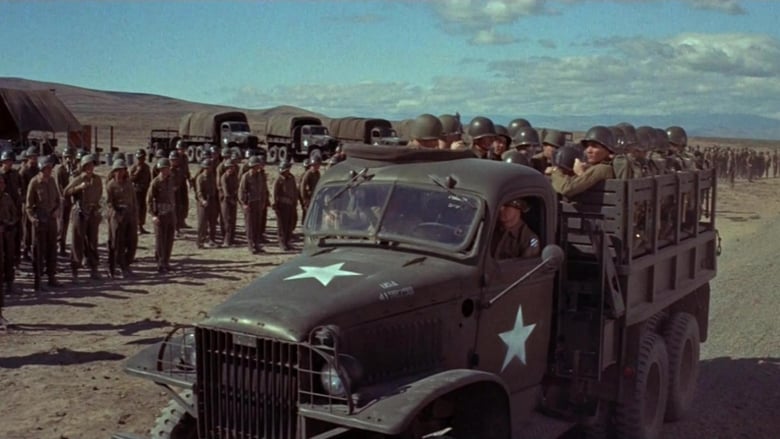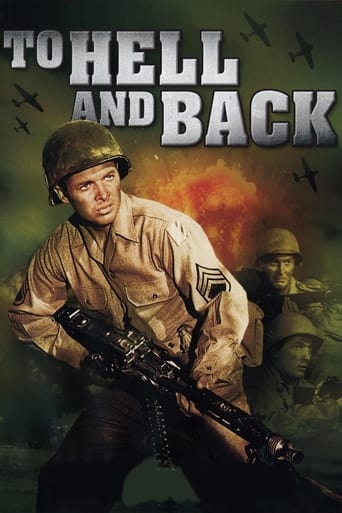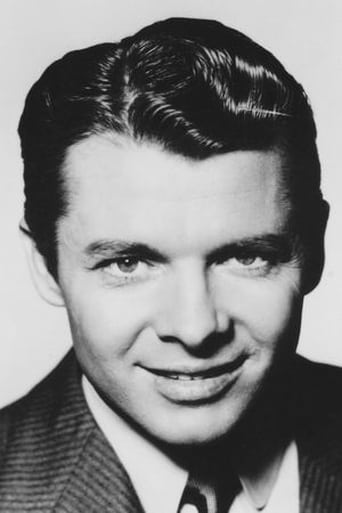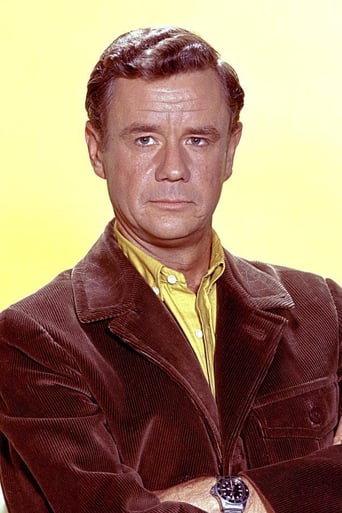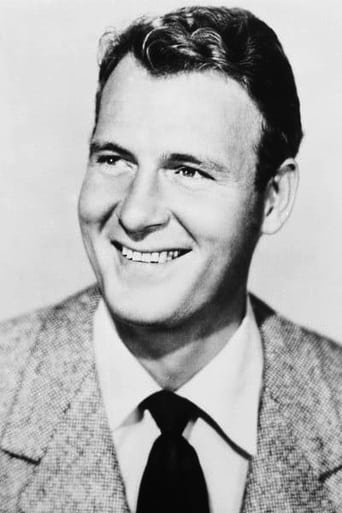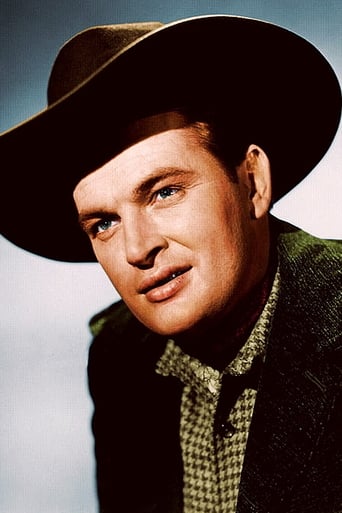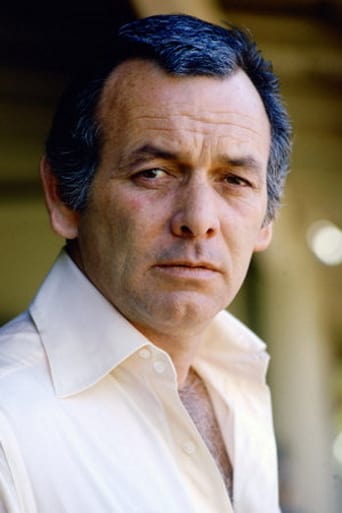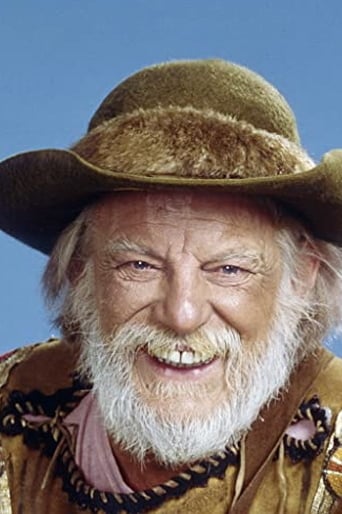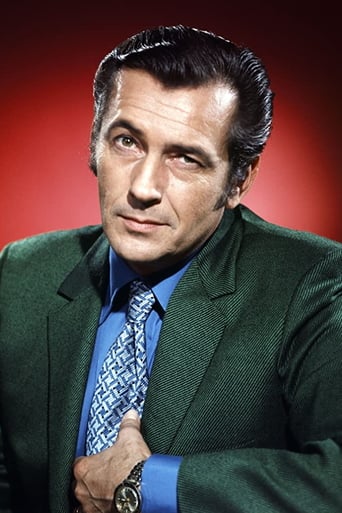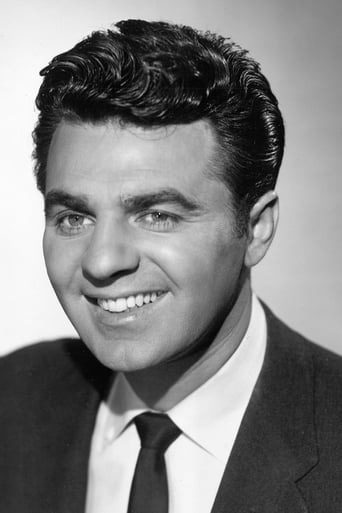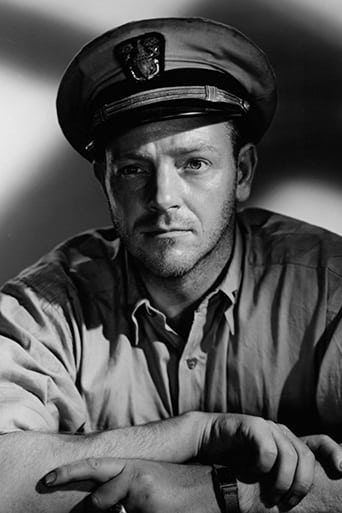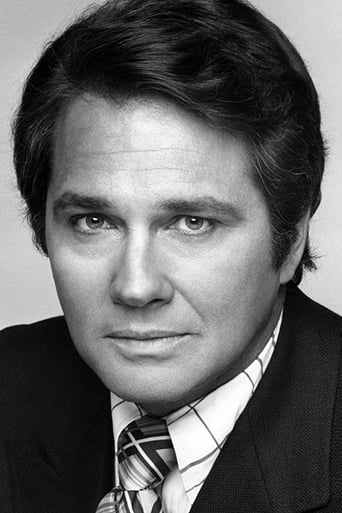The true WWII story of Audie Murphy, the most decorated soldier in U.S. history. Based on the autobiography of Audie Murphy who stars as himself in the film.
Similar titles
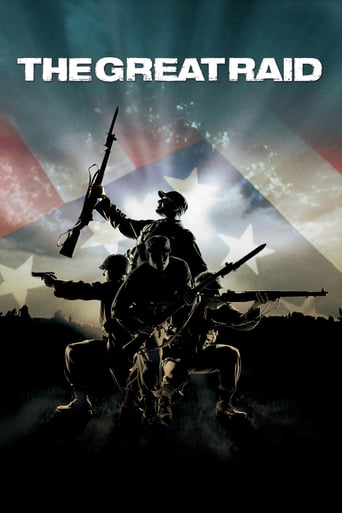
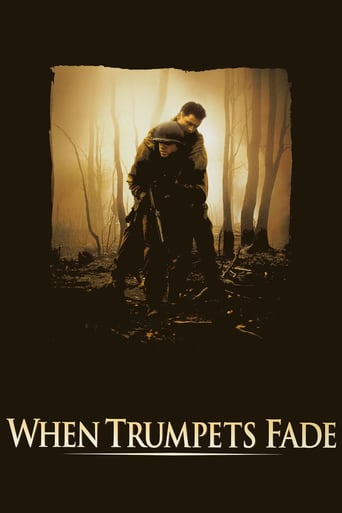
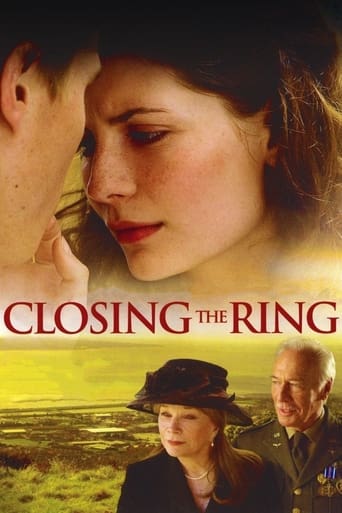
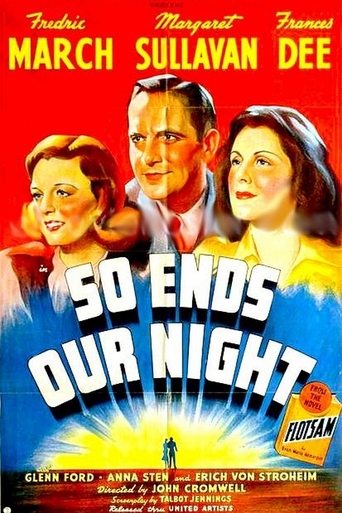
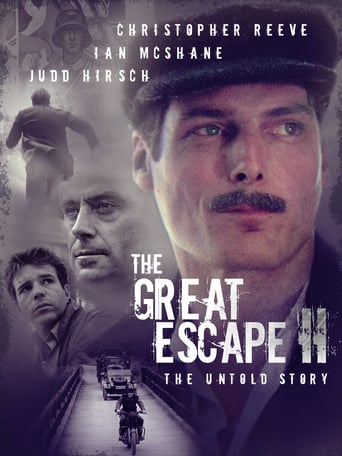
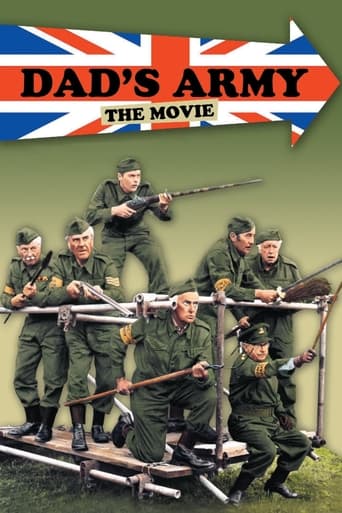
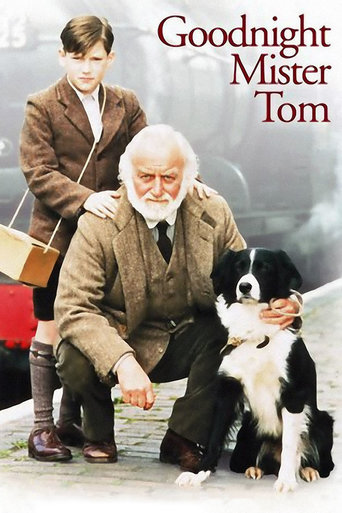
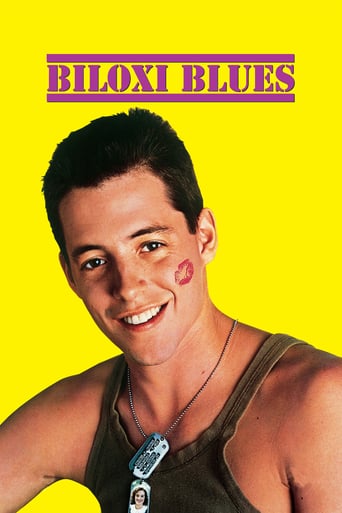
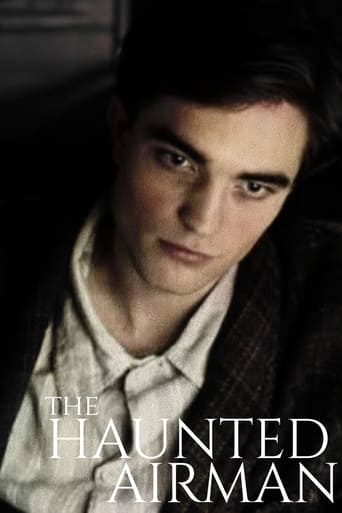
Reviews
Very very predictable, including the post credit scene !!!
Very disappointing...
Absolutely the worst movie.
The film creates a perfect balance between action and depth of basic needs, in the midst of an infertile atmosphere.
Audie Murphy was never much of an actor. The only movie he starred in that is worth watching is "To Hell and Back," in which he does a decent job of acting, though one suspects that other actors could have done much better. And yet, the movie just would not have been the same without him.In the book on which this movie was based, Murphy referred to his "thin frame and cursed baby face," which made his commanding officer want to keep him away from the front, giving him light duty, but Murphy kept sneaking off with patrols and scouting parties. Eventually, the company commander gave up and put Murphy back in the front lines. Because our idea of a hero is someone who looks like Rambo, Murphy would never have been cast in this part had the movie been fictional. Even knowing that the movie was based on a true story, the audience might still have been incredulous had a little man with a baby face other than Murphy played the part. Imagine Elisha Cook, Jr. in that role. But by having Murphy play the part himself, we are forced to accept the fact that the kind of actor who plays the hero in a typical movie and the kind of man who is a real hero can be two very different things. And when we reflect on the fact that Murphy was thirty years old when he made the movie, we realize he must have really looked like a baby when he enlisted at the age of seventeen.We all know that movies often diverge from the books they are based on, and so we usually just assess the movie on its own terms. There is one event described in the book, however, that is worth calling attention to, especially since almost no one has read it. Early in the war, when Murphy's company is in Sicily, they come across a couple of Italian officers. Murphy describes the magnificent white horses the Italians mount and on which they ride away. Murphy raises his rifle, fires twice, killing them both. The lieutenant is appalled. He asks Murphy why he did that, saying he should not have shot them. Murphy argues back, telling the lieutenant that that killing the enemy is "our job." Murphy notes that new men are trained to talk tough and act tough, but it takes a while before they accept the fact that they are supposed to "deal out death," and that the lieutenant had not yet accepted that fact.The Italian officers were the first two men Murphy killed, and it is the most unforgettable passage in the book, but there is no mystery why it never made its way into the movie. Generally speaking, we do not like to see our heroes shoot retreating men in the back in cold blood. In most war movies, bullets are flying back and forth, and so it is kill or be killed. But Murphy's life was not in danger when he pulled the trigger. Better still, we like it when something happens that makes the war personal. Later in the movie, in the scene where Murphy charges up a hill and singlehandedly takes out two machine gun nests, what precipitates his heroism is the death of his friend, which makes him angry. But Murphy was not angry when he killed the Italian officers.There is another reason why that event never made it into the movie. There is an unwritten law that in any movie set during World War II, under no circumstances will an American soldier be seen killing Italians, just as there must be no scene of Italian soldiers killing Americans. Granted, the early surrender of the Italians made the occasion for killing or being killed by Italians infrequent, but not so infrequent that the occasion did not occur in Murphy's case. The Italians did not sneak attack us at Pearl Harbor, and the Italians did not run camps like Auschwitz. They were a pipsqueak nation that never had much of a chance to do anything to us, and so we suppress combat scenes between American and Italian soldiers.Along these lines, in the typical combat movie made during World War II, there is the obligatory ethnic diversity: an Anglo-Saxon officer, a Mexican, a Pole, an Irishman, an American Indian, and always an Italian. We never see German-Americans or Japanese-Americans as part of the mix. Though a lot of Japanese-Americans were sent to concentration camps, euphemistically referred to as relocation centers, some still did serve in the American armed forces. But we don't see them so much in the movies (though reference is made to one having done so in "Bad Day at Black Rock" (1955)). But no combat movie is complete without an Italian as part of the company, America's way of saying that the Italians were really not evil, they just got tricked by Mussolini.Even if there is a remake of this movie, I doubt that Murphy's killing the Italian officers would be depicted in it either. In fact, such a remake would undoubtedly have a scene showing Murphy suffering from PTSD after the war was over (regardless of whether that was true or not). In the 1950s, we were perfectly comfortable with the idea that soldiers fought World War II with a clean conscience. Today, that might disturb us, especially after seeing him kill in cold blood.
Probably unique amongst the plethora of World War 2 films in that not only is it a true story but actually acted out by the man who was there. If this was fiction you'd think it was cheesy and unbelievable, knowing it is fact and having read his autobiography makes it all the more remarkable. This must be one of the few films which actually tones down some of the hero's actions because they're just so unbelievable. It isn't perfect by any means, it's clearly all shot in army training grounds in the US. The tanks are all wrong and some of the special effects pretty weak but you have to forgive that for the time and the budget. Having read Murphy's book the film very much sanitises many of the events, no lines of GI's queueing up at Sicilian brothels, no three wounded German soldiers left to die slowly in a quarry because there's nothing they can do to help them. No drunken officer ordering Murphy to make an ill-advised patrol which he ignores or platoon Sergeant becoming unglued in the face of a horrendous bombardment and suffering a breakdown in front of his men. In the movie Murphy's first combat is destroying a machine-gun post, an event which does happen but actually much later. In real life it's when a soldier in his platoon is killed by a random shell whilst marching to the front and his first kills are a pair of Italian officers shot in the back whilst they attempt to flee. One story I've heard is that General Eisenhower liked the film but disapproved of the choice of leading man saying he was too small for the role, unaware that actually Murphy was playing himself although that may be a myth.
In the early 50s, Audie Murphy and his ghost writer published a book of Murphy's unbelievable exploits in Italy, France, and Germany during World War II. Murphy, still in his teens, won about every decoration for valor that the human mind can dream up -- and he earned them too. The experience wrecked him. He made movies later in his life, always boyish looking and modest sounding. But he suffered from PTSD. He was tormented by nightmares of firing an M-1 at attacking Germans and having his rifle fall apart, piece by piece. He slept with a Colt pistol under his pillow and attacked another man with a baseball bat. His many medals were stashed in disarray in a drawer. He died in a plane crash.Hollywood has taken this man's remarkable story, lifting pieces of it from his memoirs, left out the most poignant passages and twisted Murphy's remaining heroics into pablum. An example of what I mean. In the book, written in the present tense, Murphy describes his first encounter with the enemy and sees one of his targets fall. "Now I have killed," he writes, and goes on to explain his emotions.No room for any such ruminations in the movie. We see Murphy rejected by the other services for being too young or too short. In the Third Infantry Division he is ridiculed in a good-natured way by the usual stereotypes from other war movies -- the guy who brags about his sexual exploits, the stoic Indian, the ambitious Pole, the reckless good friend. The musical score suits the film: a high school marching band plays "On Wisconsin" or something.Murphy's achievements provide a peg to hang a formulaic war movie on. No cliché is avoided. On leave at last with his fellow troopers in Rome, they all head off to get drunk and get laid, leaving the bashful hero behind. The shy Murphy winds up spending the night with an accommodating young woman while the others are either satisfied with finding someone to talk to or find themselves in some other sort of dead end. The next morning all the men brag about their conquests while the reticent Murphy says nothing about his night of romance.The battle scenes are pretty good, though again they fit the Hollywood mold. The writers even are forced -- get this -- they are forced to downplay or skip over Murphy's boldest actions -- because they are UNBELIEVABLE. The guy's military achievements are so extravagant that the writers must have figured no one would believe them, although to be sure, what's left in is heroic enough.It isn't a bad movie, or rather it wouldn't be if it were fictional from beginning to end. It would just be a standard genre effort from the 1950s, inferior to, say, "Battleground" or "The Story of G. I. Joe." But it pretends to be a true story and it is simply not.What a tragic waste -- of the rest of what life remained to Murphy, and of an historically accurate narrative that was never told.
I cannot understand why a man like Audie, certainly a man with character, let it happen that he was misused for this propaganda film. This film is of the same indescribable, ridiculous stupidity as most war films that were produced as long as the Germans and the Japanese were the bad guys. I watched it horrible 60 minutes long, still waiting for something positive. In vain. It is remarkable that - the longer the time runs since WWII - war films are becoming more realistic and "fair" with the former enemies. Compare this Audie film with the last film of Clint Eastwood or even Soldier Ryan (which has still a lot of unbearable patriotism).I am bored to look these films in which the US-boys are always: 1. outnumbered by the red-Indians, Huns, Japanese, Spanish whereas the historical record has it that more often it was vice versa 2. the enemy always has the bigger weapons, the better equipment, the better support etc, whereas in reality it was more often vice versa 3. the US heroes are mostly shot from behind, there is no other way to overcome them! They are always character better. Believe me, if you have two armies with 100 thousand young men between 18 and 30 the percentage of good guys and bad guys is on both side the same, as well as the percentage of mothers who swear an oath that their boys are good boys - right so as well as wrong so! All of these 3 typical Hollywood-war-film-points are displayed in this film. Audie played it like that because the film-makers ordered him to do so. This was his earnings. He died young. Maybe he could not live very long with these lies or he became sick of being a hero that felt to be useless for normal peace-time-life. Maybe his biographical war-time-story was a total fake. America needed a hero like that, because America lacked of true heroes. The American soldiers had hardly any chances to become heroes as it was looked for it that they got as often as possible their exchange at front. Air fighters for example had ten times less service at the front than Germans. The care the Americans took for their men should be hailed, where lives counted much contrary to totalitarian systems where human lives count nothing. So, if the story of Audie was true, it was not a typical story of an American soldier in the last war. Anyway human acts should be hailed as heroism, not exterminating humans which is always a multiplication of human tragedies (think of all the mothers and fathers, wives, children). If You want to know how the war was ask one of those who were really at the front and whom you know as reliable and honest people. If you believe in these propaganda Hollywood movies you fall in the same pit as so many of Your nation. You will have to pay the bill. Trust in God and You will thrive, not in Your own weakness! He can win Your wars for You, if You leave him, no more.... I know that the readers do not like to read this comment, which is so hostile to their liking, but soldiers who fought at the front mostly do not like glorifying films either. There is no room in reality to glorify people for killing others. Following orders might be a necessary act to survive and to fight against evil (which Nazi-terrorism or Stalin-terrorism were) and banish it from the face of Earth. But this is nothing heroistic. Germans or Japanese who fought against the overwhelming powers of the Allies committed also "heroic" acts (and wasteful as well!), but for what good? In our days it is only acceptable to show films which demonstrate the necessity to fight against injustice and evil, but at the same time the barbarism and cruelty of war. I do not understand the reason for that kind of American film-making. It must be an exaggeration of patriotism as I do not believe that Americans have a minority complex, which is often the reason for hubris. This exaggeration is self-deceit and also very dangerous, because it blindens oneself for reality which in the long run has very negative effects.
Top Streaming Movies











